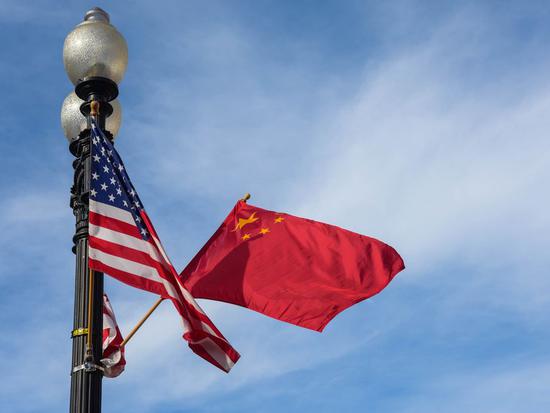'China Initiative' hurt U.S. tech, Nobel laureate says
The United States government's crackdown on Chinese students and researchers has had a "palling effect" on the scientific community and driven away talent that have contributed to the country's scientific and technological excellence, said Steven Chu, a Nobel laureate and former U.S. secretary of energy.
The administration of former president Donald Trump portrayed Chinese students and scholars as potential "spies" and launched the so-called China Initiative in 2018 for the alleged goal of combating economic espionage. U.S.-based researchers with ties to China have since been under increased scrutiny.
The controversial program was dropped last week after widespread criticism across the country.
But after more than three years in place, the program had "a palling effect on the atmosphere in our research institutions, destroying our ability to attract the very best STEM (science, technology, engineering, and mathematics) students from China and is driving away outstanding immigrant scientists and engineers who have made substantial contributions", Chu said during a webinar hosted by the Asian American Academy of Science and Engineering.
"In addition to jeopardizing our future long-term technical leadership that has been a cornerstone of U.S. prosperity, our reputation as a free, open, accepting and just society is at risk," he said.
Among those listed as U.S. Nobel laureates, 143 of them are immigrants, or roughly one-third of the total. "If you look at Chinese physics Nobel Prize winners, all seven physics Nobel laureates born in China earned their PhDs in the U.S. and became U.S. citizens," he said.
A survey conducted by the Committee of 100 and the University of Arizona last year of 2,000 scientists in the U.S. showed that 96.8 percent of scientists of Chinese descent and 93.6 percent of scientists of non-Chinese descent believe that scientists of Chinese descent make important contributions to research and teaching programs in the U.S..
The overwhelming majority of the respondents said yes to questions on whether the U.S. should build stronger research collaboration with China and whether limiting collaboration with China has a negative impact on U.S. academia.
"What was happening since the China Initiative was launched was Chinese scholars were actually turning back and turning off collaboration with Chinese professors," Chu said.
"The Chinese feel racially profiled by the U.S. government, or experience difficulty obtaining research grants, or feel that they are facing professional challenges, or they're being surveilled."

